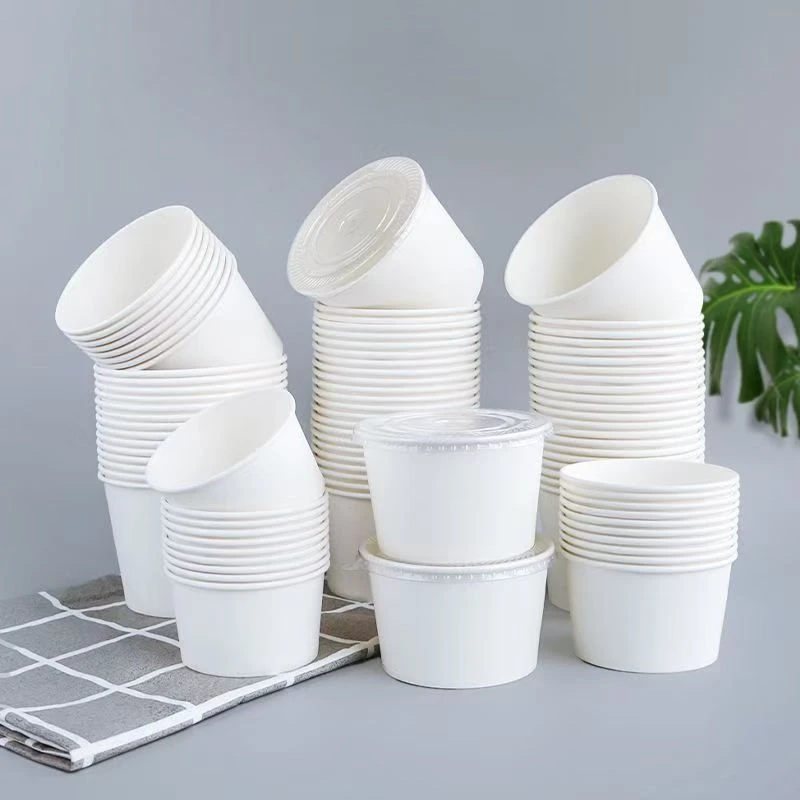The Growing Significance of Meat Cartons in the Food Industry
In recent years, the food industry has witnessed a transformation in how meat products are packaged and transported, with meat cartons gaining prominence as a practical and efficient solution. As consumer preferences evolve and sustainability becomes a focal point, meat cartons are increasingly being recognized for their numerous benefits. This article delves into the advantages, innovations, and future of meat cartons in the food supply chain.
What Are Meat Cartons?
Meat cartons are specialized packaging solutions designed primarily for the storage, transportation, and display of meat products. Typically made from high-quality cardboard or other recyclable materials, these cartons are engineered to ensure that meat remains fresh while minimizing the risk of contamination during transit. With features such as insulated linings and moisture barriers, meat cartons provide an ideal environment for preserving the quality and safety of various meat types—including beef, pork, poultry, and seafood.
Advantages of Meat Cartons
One of the main advantages of meat cartons is their sustainability. As more consumers and businesses commit to environmentally friendly practices, the demand for recyclable and biodegradable packaging options has surged. Meat cartons are often made from recycled materials and can be easily recycled after use, helping to reduce waste and promote a circular economy.
Additionally, meat cartons offer practical benefits
. Their stackable design enables efficient storage and maximizes the use of space in warehouses and transportation vehicles. This is particularly crucial in a fast-paced industry where logistics and efficiency are key to success. By optimizing space, businesses can lower transportation costs and reduce their carbon footprint.Furthermore, meat cartons are customizable. Producers can design packaging with branding elements, nutritional information, and labelling that meets regulatory requirements. This gives businesses the opportunity to stand out on store shelves and connect with consumers, who increasingly seek transparency regarding the products they purchase.
meat cartons

Innovations in Meat Carton Technology
The meat packaging industry has seen remarkable innovations in technology, leading to enhanced functionality and performance of meat cartons. Some companies are exploring the use of smart packaging technologies, which incorporate sensors to monitor freshness and quality throughout the supply chain. These advancements help to ensure that products maintain their integrity, reducing food waste and increasing consumer confidence.
Moreover, the integration of eco-friendly materials, such as bioplastics and plant-based coatings, further elevates the sustainability credentials of meat cartons. Innovations in this area are not only beneficial for the environment but also align with the consumer demand for greener packaging solutions.
The Future of Meat Cartons
As we look ahead, the meat carton market is poised for significant growth. With an increasing focus on environmental concerns, regulatory pressures regarding packaging waste, and the ongoing evolution of consumer preferences, businesses are likely to invest more in sustainable packaging solutions like meat cartons. The global meat market is also projected to expand, which will drive demand for effective and safe packaging options.
Additionally, as e-commerce continues to rise, the importance of effective packaging will become even more pronounced. Meat cartons designed for online deliveries must not only protect the product but also provide an appealing unboxing experience for consumers. This can lead to increased brand loyalty and repeat purchases.
In conclusion, meat cartons represent a significant advancement in the food packaging industry, promoting both sustainability and efficiency. As innovations continue to emerge and consumer preferences shift, the role of meat cartons in the meat supply chain will only become more vital. Businesses that embrace these changes and invest in sustainable packaging solutions are likely to benefit in the long run, catering to the evolving demands of environmentally conscious consumers while maintaining the quality and safety of their products.



